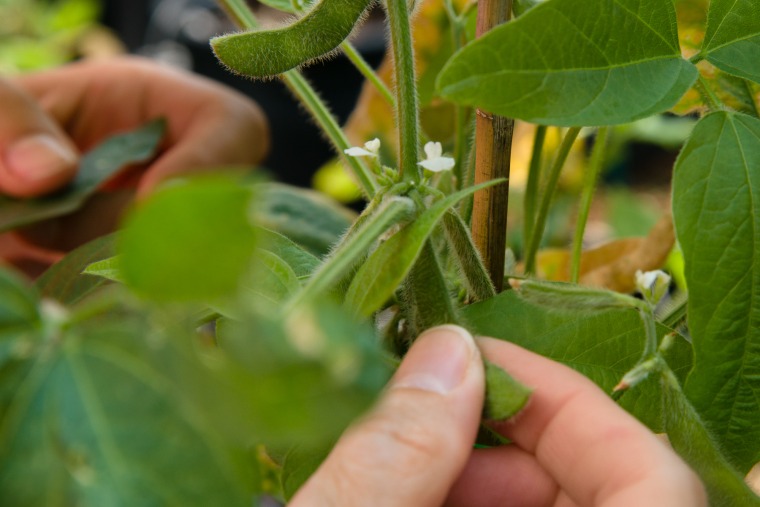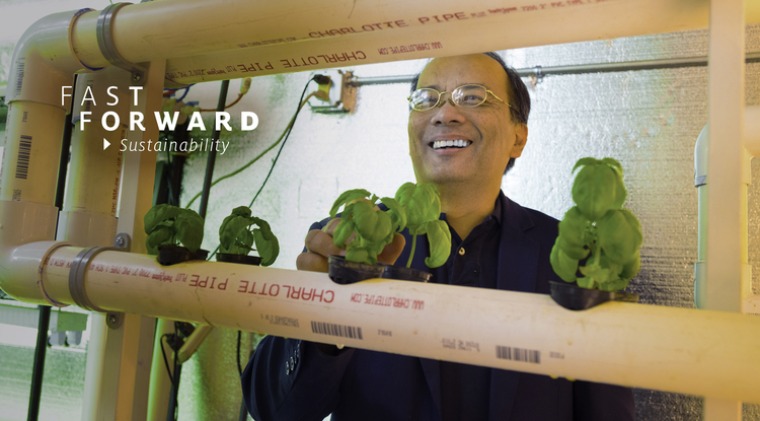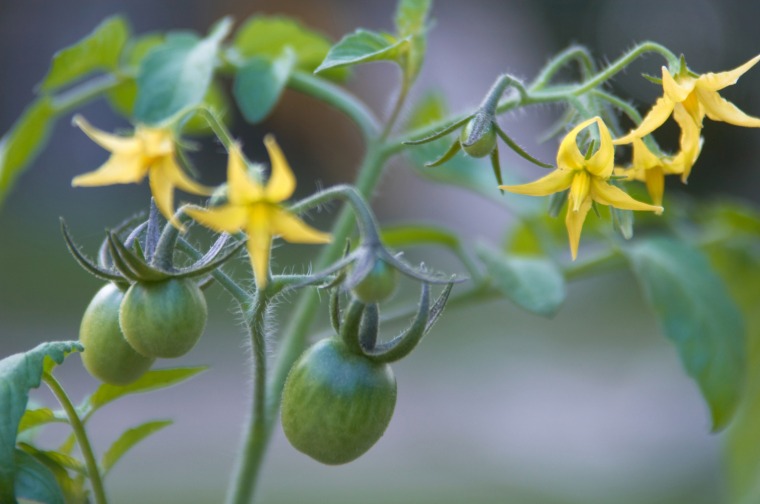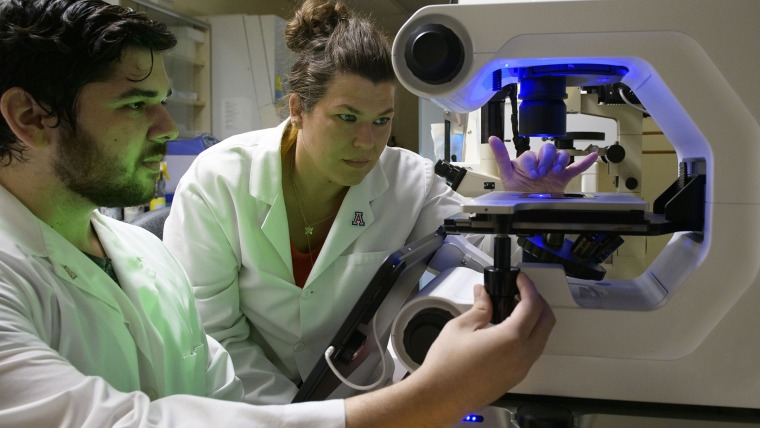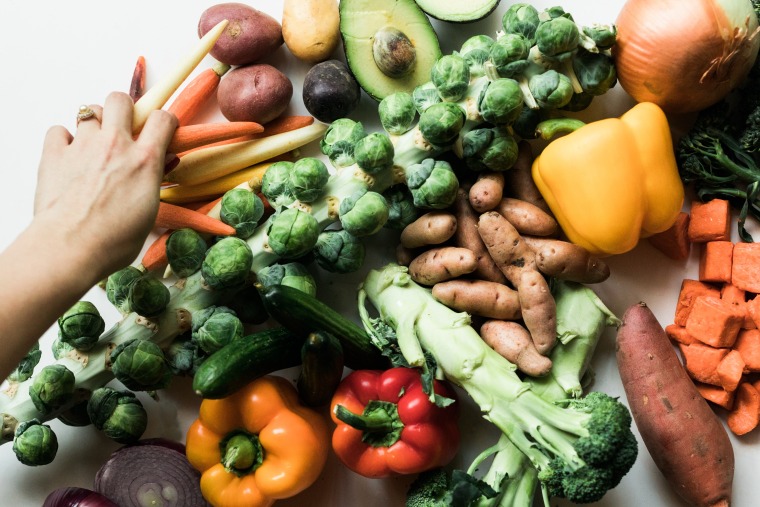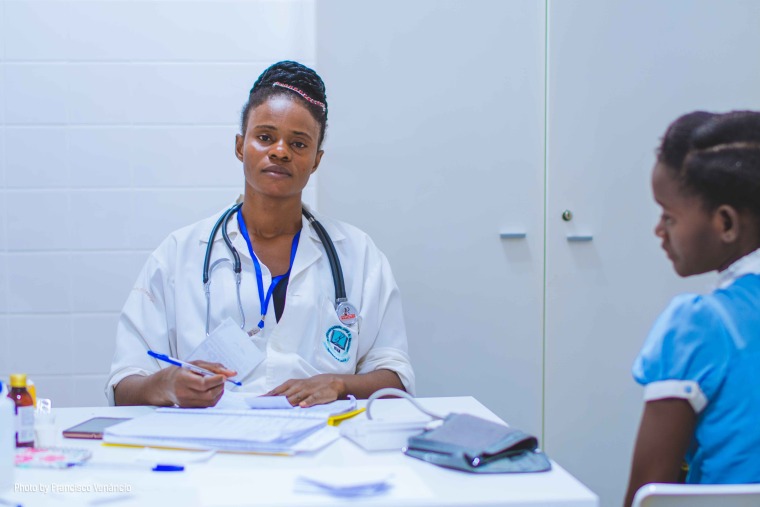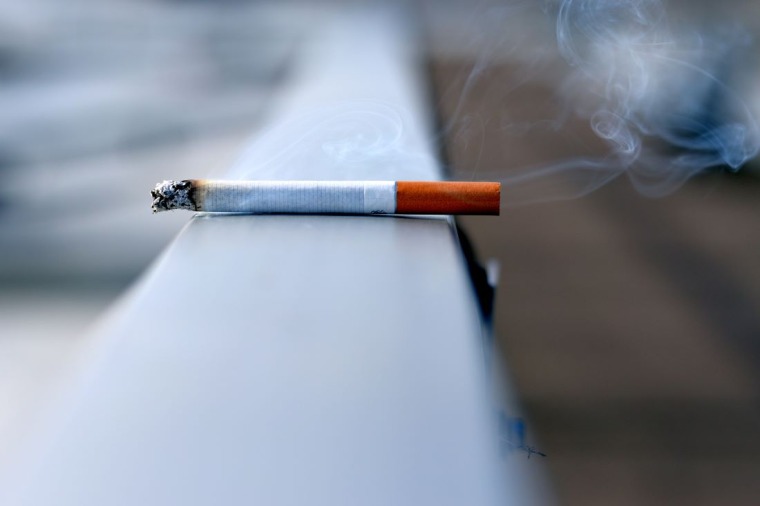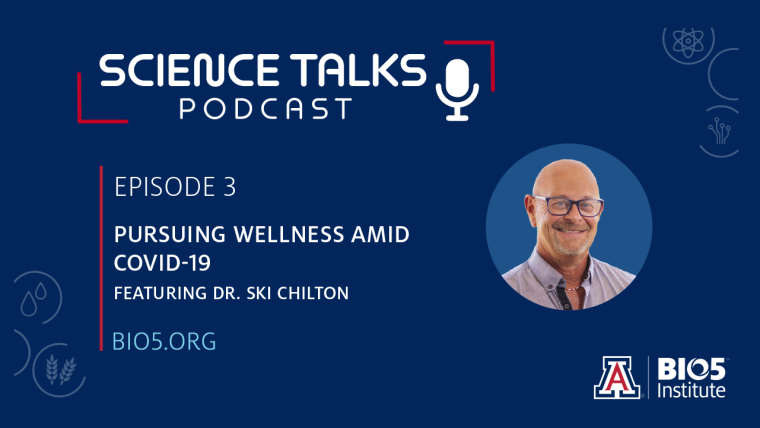Four Questions: Finding An Alternative to Pesticides
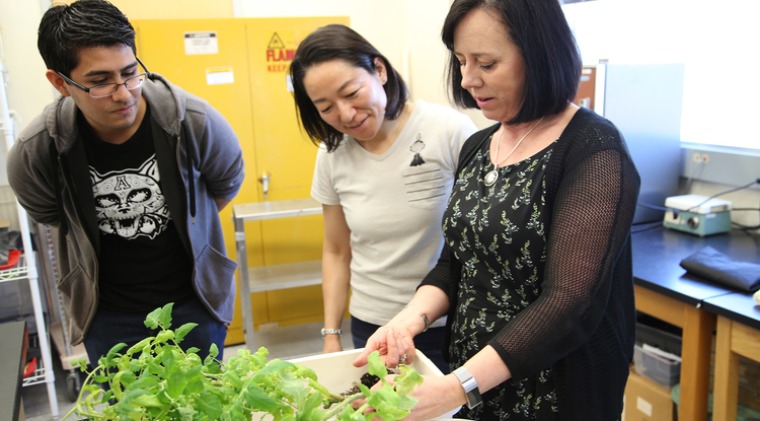
Dr. Patricia Stock, Interim Director of the UA School of Animal and Comparative Biomedical Sciences, BIO5 member, and UA Entomology Professor, has discovered compounds derived from Photorhabdus, an insect pathogenic bacterium, that have antimicrobial and nematicidal properties that can potentially replace chemical pesticides.


